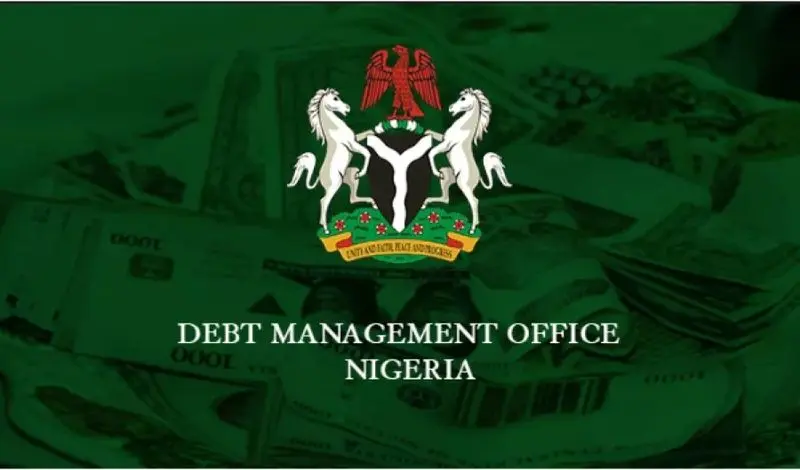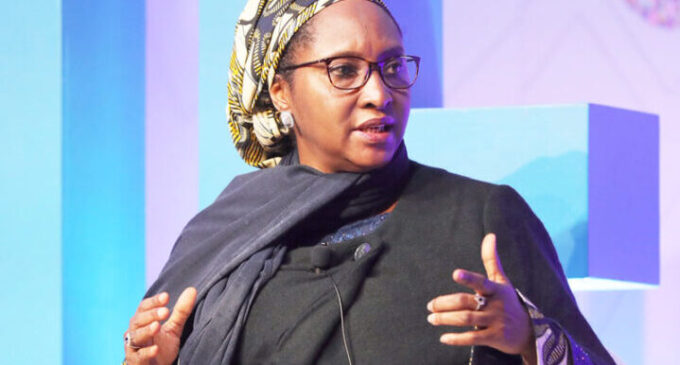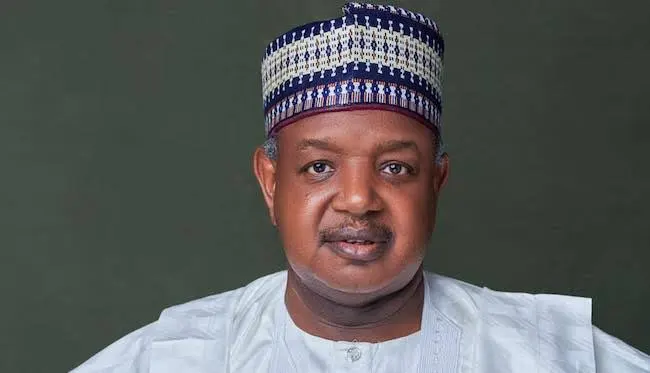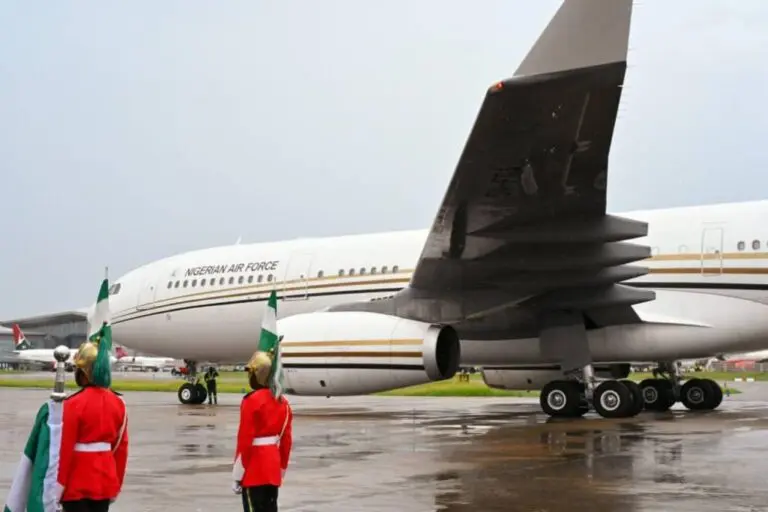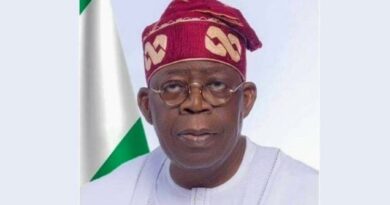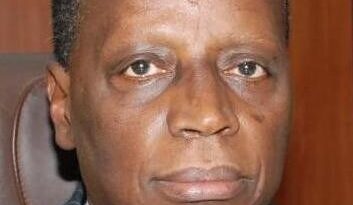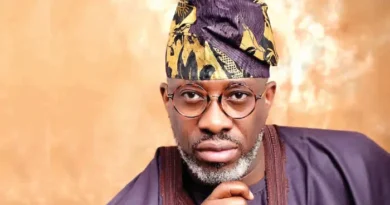Tinubu Says N4tn Fuel Subsidy Savings Now Used for Infrastructure and Economic Reform
President Bola Ahmed Tinubu has reaffirmed that his administration is using the ₦4 trillion saved from removing fuel subsidies to improve infrastructure and drive economic reforms. Speaking through the Minister of State for Finance, Doris Uzoka-Anite, at a national conference on Public Accounts and Fiscal Governance, Tinubu stressed the importance of public trust and inclusive development.
The event was organized by the Public Accounts Committees of the Senate and House of Representatives and brought together top lawmakers and policymakers to discuss transparency and accountability in Nigeria’s public finance system.
According to Tinubu, spending over ₦4 trillion on fuel subsidies in 2022 was unsustainable and unfair. He noted that the system mainly benefited the wealthy, encouraged smuggling, and led to poor resource management.
“Subsidy removal was painful, but necessary,” he said. “We are now using the funds to improve social safety programs, support public transportation, and build critical infrastructure across the country.”
Tinubu explained that the Nigerian economy had been facing serious issues such as overreliance on oil revenues, tax leakages, and weak fiscal structures. However, his administration is working to rebuild the economy by shifting focus toward more sustainable and inclusive strategies.
One major step is the tax reform policy, which aims to simplify compliance, widen the tax base, and help small and medium businesses operate more easily in Nigeria. The reforms also include integrating the informal sector and using digital tools to reduce corruption and inefficiency.
“Our goal is to move Nigeria from being dependent on oil revenues to having a more diverse and stable income structure,” Tinubu said.
He also mentioned that new initiatives like the National Credit Guarantee Company are supporting local industries, small businesses, and non-oil exports. These efforts are creating jobs, encouraging innovation, and strengthening national security.
In terms of monetary policy, Tinubu praised the Central Bank of Nigeria for stabilizing the naira and helping reduce inflation. He emphasized that better coordination between fiscal and monetary authorities is helping ease structural problems like food shortages.
Calling on the National Assembly to support these efforts, Tinubu encouraged lawmakers to carry out their oversight roles without political bias. He insisted that “every kobo must deliver value, and every project must reflect the needs of the people.”
Senate President Godswill Akpabio, represented by Senator Abdul Ningi, said the Public Accounts Committees must fully exercise their constitutional powers. He criticized the growing trend of government agencies ignoring legislative summons and warned that accountability is essential for Nigeria’s progress.
Akpabio said: “Without accountability, there will be no prosperity. Public institutions must honor legislative oversight.”
He also called for better tools and expertise to help the legislature manage oversight responsibilities across Nigeria’s large population, especially with complex institutions like the Central Bank and NNPC.
House Speaker Tajudeen Abbas, represented by House Leader Julius Ihonvbere, raised concerns about over ₦300 billion flagged in audit reports that remains unrecovered. He stressed the importance of enforcing audit recommendations and punishing mismanagement of funds.
Abbas said the House has reformed its Public Accounts Committee processes to speed up the handling of audit reports and is working with anti-corruption agencies to ensure that offenders are held accountable.
He also called for full digitization of Nigeria’s public accounting systems, saying “real-time financial tracking will increase transparency and allow Nigerians to follow how public funds are spent.”
The Speaker emphasized that fiscal transparency should empower citizens, not just auditors and technocrats. Making audit reports easier for the public to understand and access will help build trust and participation in government.
Senator Ahmed Wadada, Chairman of the Senate Public Accounts Committee, said the focus must now be on fiscal discipline and public service. He called for a cultural shift where public funds are seen as a sacred trust and every expenditure is accounted for.
“We must ensure every naira is used wisely—for education, healthcare, infrastructure, and the future of our children,” he said. Wadada stressed the need to fix past issues such as untracked funds and weak budget oversight.
Referencing recent audit reports, he noted that many government agencies still fail to provide full financial reports. The committee, he added, is intensifying oversight and public hearings to close those gaps.
Bamidele Salam, Chairman of the House Public Accounts Committee, described the national conference as a milestone in the drive for better governance. He stressed that transparency and accountability are key to national development and called on all public servants to make these values a daily practice.
“We must make sure public funds work for all Nigerians—not just a few,” Salam said. He also praised President Tinubu’s economic reforms under the Renewed Hope Agenda but urged more improvements in financial reporting and audit systems.
He concluded by saying the House has prioritized oversight of public funds and is tracking the actual impact of every kobo spent through regular review of audit reports.




